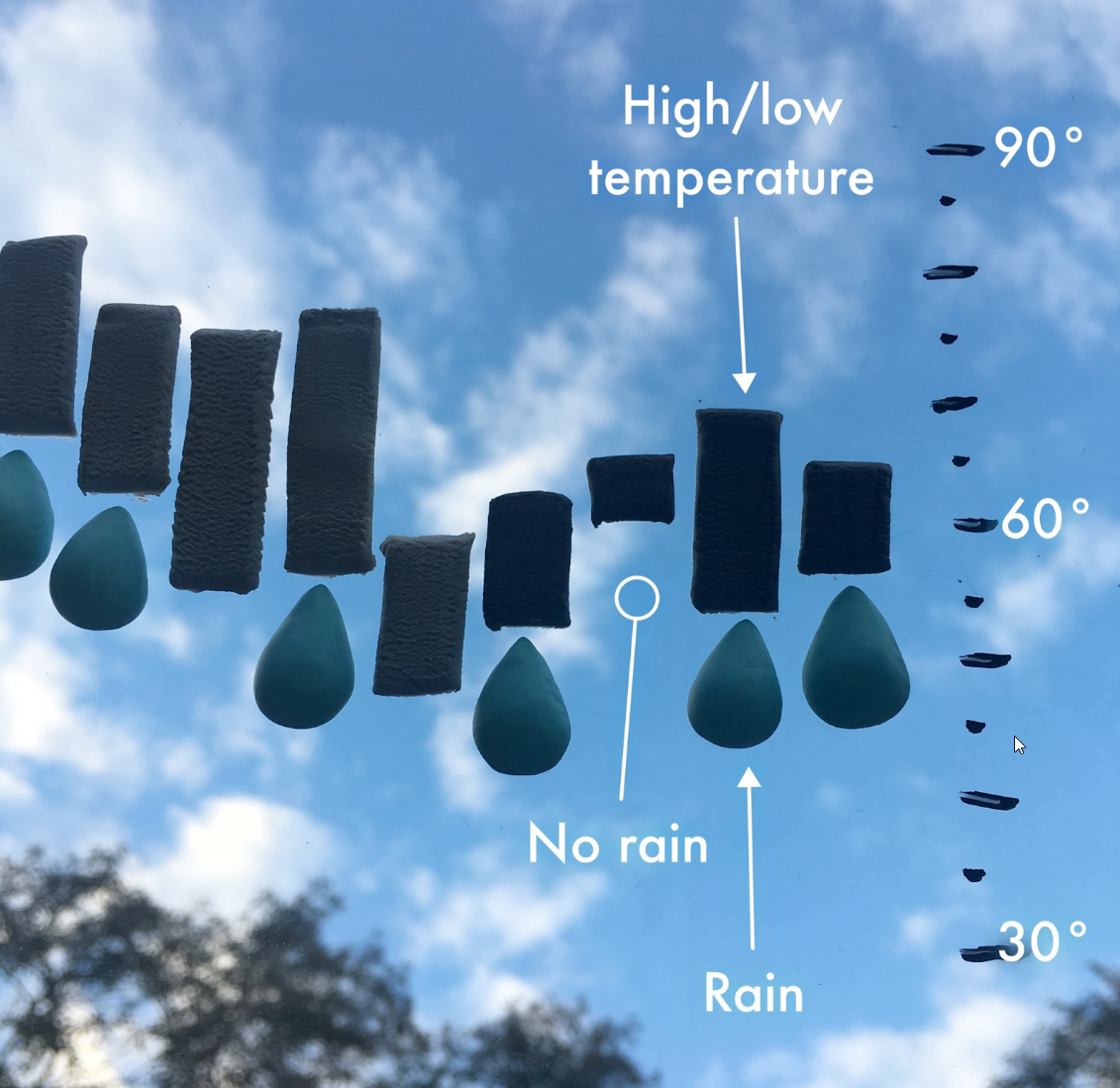The COVID-19 pandemic triggered a funding crisis for non-government organizations (NGOs) and advocacies worldwide — right when they are needed the most. The World Economic Forum highlights economic downturn as the cause of the decline in future aid budgets and donations, which means NGOs and other advocacies will need to compete with one another over donor fundraising.
To give your advocacy a competitive advantage, you will need to incorporate data visualization in your strategic marketing plans. Data visualization is the practice of translating information and data into a visual element, like maps, graphs, and charts to make it easier for the human brain to understand. Data visualization can help you boost your campaigns by:
Telling better stories
Data visualization allows you to take complicated data and transform it into a visually appealing, compelling storyline. Rebecca Pop outlines how data visualization and data storytelling are two elements that go hand-in-hand. You can tell a number of stories with a single data set, so you have to present the most vital one with a clear, strong visual to support its insights.
After all, audiences have changed and grown accustomed to getting images, graphics, and infographics from content providers. As an NGO, it’s time to stop presenting walls of text and plain tables in PDF reports; instead, try to communicate data-driven stories in a way that makes everyone pay attention to and remember your advocacy.
Reaching audiences online
With Internet use skyrocketing during the COVID-19 outbreak, we have witnessed a rapid digitalization across society. There are now more people online than ever, but that also means more organizations to compete with for audience attention. As the digital marketing specialists at Ayima Kickstart emphasize, establishing your advocacy’s presence on Google may be challenging, as ranking algorithms tend to reward large brands with lots of authoritative backlinks and content.
This is why data visualization is important for driving organic traffic to your site. According to SEO marketing executive Adam Heitzman, when you visualize your data, you make it easier for your stakeholders to understand what it means. This accessibility is the heart of search engine optimization (SEO); search engines will reward you with a better ranking because you made users’ lives easier. Not only will a higher ranking mean greater awareness for your cause, but also a higher engagement with your content.
Outlining your goals clearly
Visual information is a good way to remind people of your goals. There is a reason why NGOs communicate: to raise funds, affect policies, build awareness, or win donors over. Although you can summarize your goals in a long paragraph of text, wouldn’t it be easier — and more impactful — to convey your mission, vision, and results through visuals that can be understood immediately?
Data visualization can be the right platform to help people figure out how you plan to achieve your vision and create positive change. If you’re advocating for education, you may want to highlight your strategies like providing tutoring to at-risk students, offering scholarships, or lobbying funds for schools. Not only are you showing you’re a dreamer, but that you have concrete plans to achieve those dreams, which can establish trust.
Inspiring action
When a non-profit organization campaigns for anything, they are ultimately asking the audience to support the advocacy in various ways. The visual should include a message to increase real-world reactions.
For example, The Nuffield Trust is an independent health think tank and existing client of everviz. They aim to improve the quality of health care in the UK by providing evidence-based research and policy analysis and informing and generating debate.
Each week they present analysis of data in chart form to illustrate some key issues and invite discussion: https://www.nuffieldtrust.org.uk/spotlight/chart-of-the-week
They also have a dedicated section on the Covid-19 and the challenges to the health and social care system: https://www.nuffieldtrust.org.uk/spotlight/covid-19-and-the-nhs
Another example built with the help of everviz is the new IFS Taxlab website: https://ifs.org.uk/taxlab
This website was created and is run by the Institute for Fiscal Studies (IFS), an independent research institute with the principal aim of better informing public debate on economics in order to promote the development of effective policy.
Exclusively written for everviz.com by Juliet Brooks


